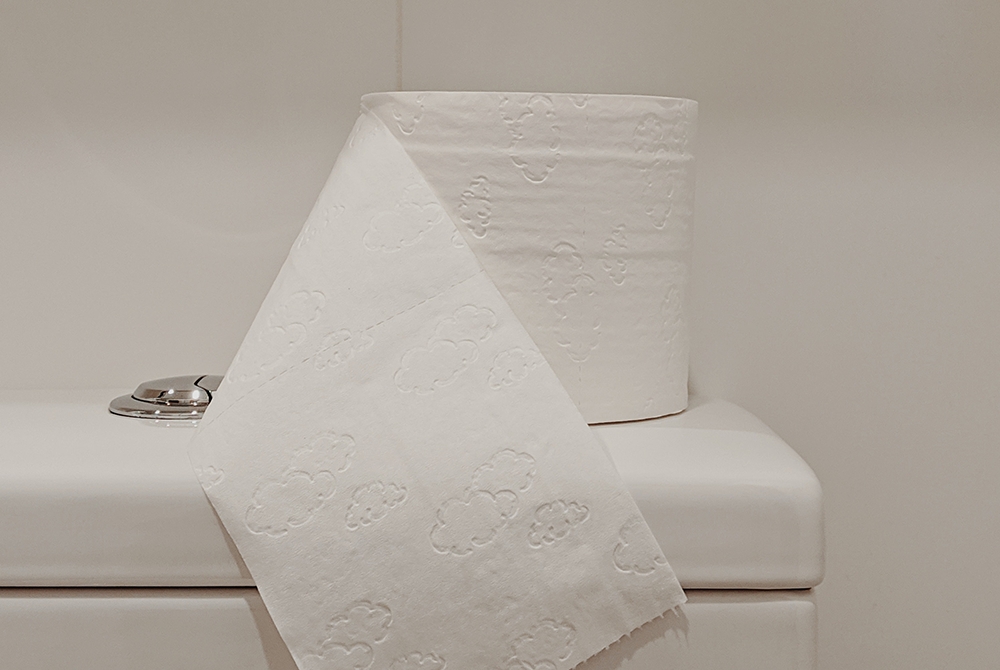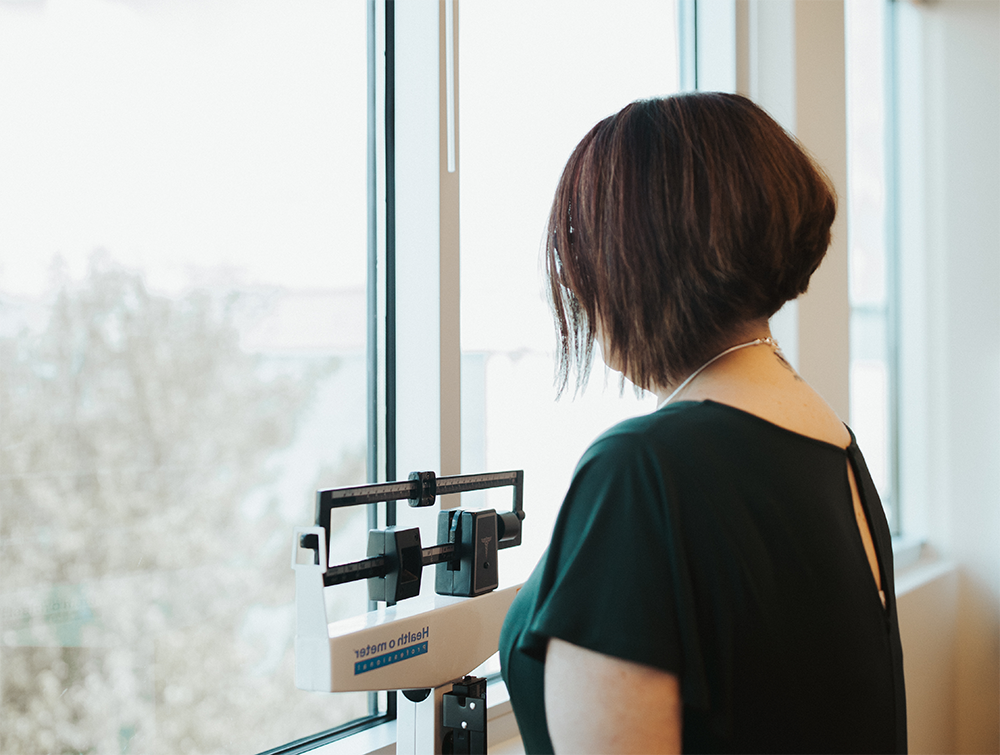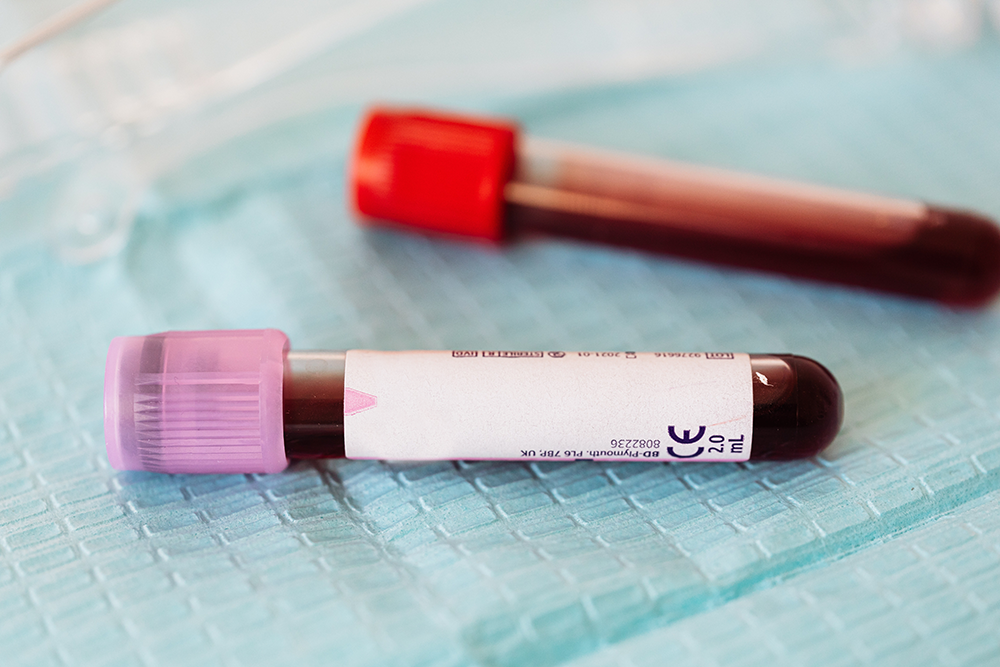
After bariatric surgery, many patients will complain of constipation. Aside from discomfort, constipation can become worrisome, especially if you were previously used to having regular bowel movements.
Constipation is defined as having fewer than three bowel movements in a week, feeling the need to strain during bowel movements, or having hard stools. This can result in feelings of bloat, abdominal pain, and the sense that you cannot completely empty your bowels, leaving you feeling pretty crappy (pun intended).
After bariatric surgery, the frequency of bowel movements will change, partially due to reduced food intake. But, some other factors can affect regular bowel movements after surgery too.
Causes of Constipation after Weight Loss Surgery
1. Change in Diet
After bariatric surgery, patients will be eating a smaller volume of food. Similarly, your dietitian will place you on a liquid and soft food diet in the first few weeks after surgery. Therefore, the change in the quantity and the consistency of the food you consume can significantly impact your bowel movements.
If you are experiencing constipation several months, or even years, after bariatric surgery, this may be because you are not eating enough nutrient-dense foods that contain fiber. Our daily fiber goal is 25 to 40 grams a day, but your new and smaller pouch will prohibit you from consuming large amounts of fiber at any given time after surgery.
Therefore, we recommend you actively try adding more high-fiber foods into your diet or begin supplementing with fiber.
2. Vitamins and Supplements
Certain supplements can cause constipation after weight loss surgery to include iron, calcium, and protein drinks. Most notably, whey protein causes constipation due to the lactose, and other sugar substitutes added. Similarly, high protein intake can cause constipation if you are not getting enough fiber intake. Try to look for a high-fiber protein powder.
3. Pain Medications
If you are taking pain medications post-operatively, you may experience constipation as a result. Opioid pain medications cause constipation because they are known to slow down the ability of your body to digest food.
If you are taking pain medications and experiencing GI issues, it should resolve itself once you stop taking the opioids. If the discomfort and constipation persists, we recommend you try a laxative or stool softener.
4. Lack of Exercise
Regular exercise creates a stronger blood flow throughout the body and digestive tract that helps food get passed through the intestines more easily. Also, an increased heart rate and breathing rate will stimulate muscles in the lining of the intestines that will result in a more efficient and timely passing of waste through the body.
The best exercises to aid in digestion and feelings of discomfort are cardio, yoga, and pelvic floor exercises.
5. Dehydration
If you are not adequately hydrated, your body will absorb water from your food waste to help digest the food. This will leave your stool dried out and hard, making it more difficult and uncomfortable to have a bowel movement.
After surgery, you should be drinking a minimum of 64 ounces of sugar-free liquids a day. If you are experiencing constipation, I recommend increasing your fluid intake to help soften the stool and make it easier to pass.
The Dangers of Constipation
If you are experiencing constipation and not treating it properly, it could result in the development of hemorrhoids (bleeding and thrombosed), diverticulum that could lead to diverticulitis, or other complications. It may also lead to the development of chronic abdominal pain, discomfort, and increased gas.
The best way to avoid experiencing constipation after weight loss surgery is to drink enough fluids to prevent dehydration and get an adequate amount of fiber intake. You can also try stool softeners or laxatives if necessary. But it is imperative to treat constipation early before it results in severe pain and discomfort, or worse, medical complications.











